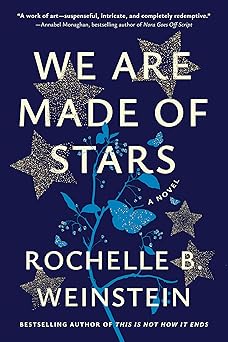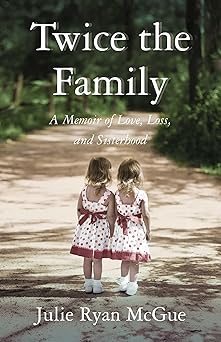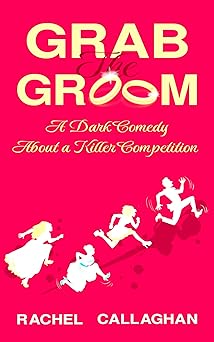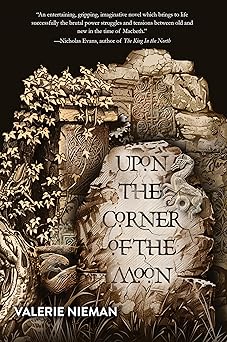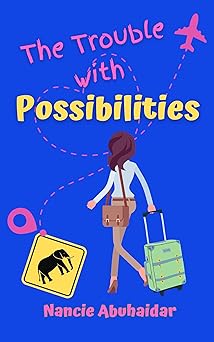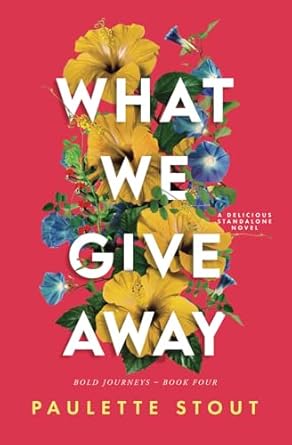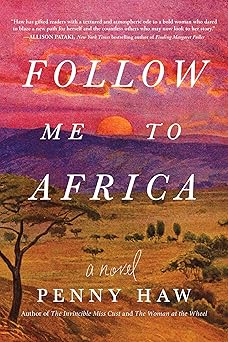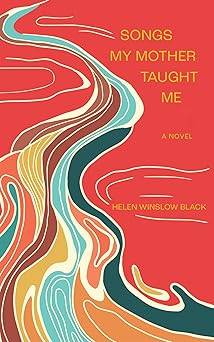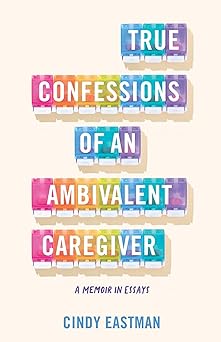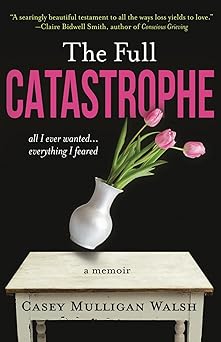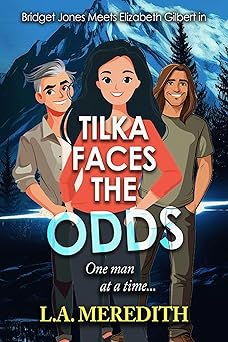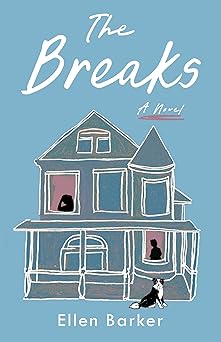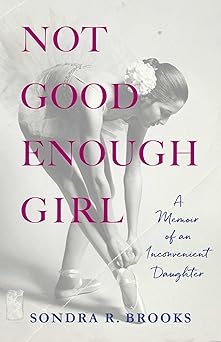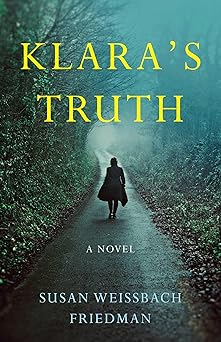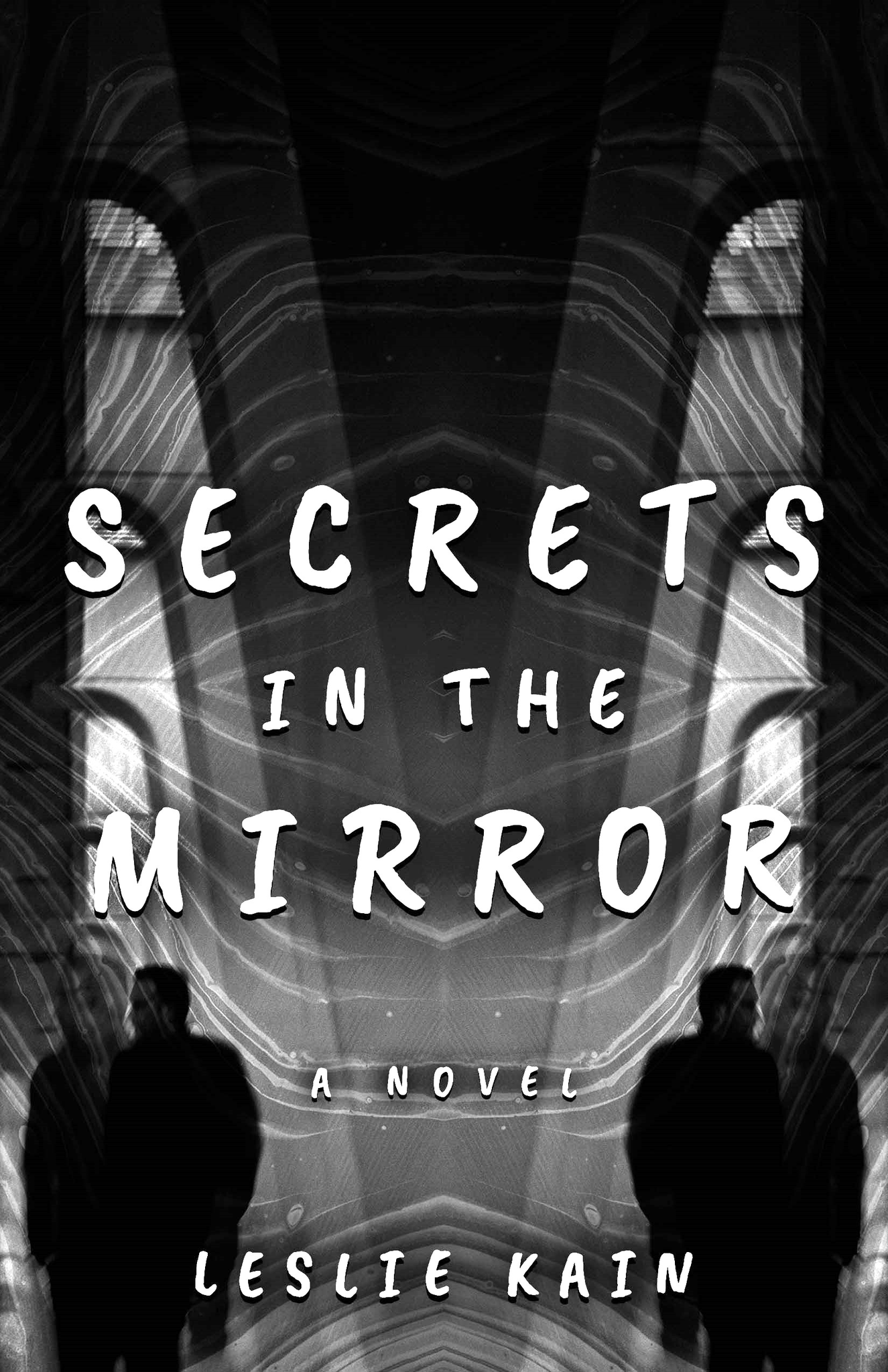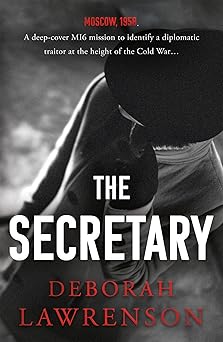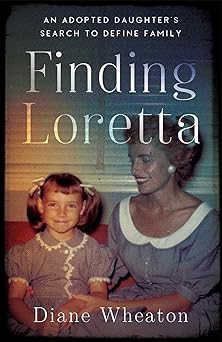Vermilion Harvest: Playtime at the Bagh by Reenita Hora: Excerpt
 Reenita Hora is the unrivaled ‘Nora Ephron’ of South Asian storytelling, spinning yarns as eclectic as Mumbai’s iconic ‘Bhel Puri’ – a tantalizing concoction of flavors with an occasional bug for that extra crunch! Her stories star a motley crew of characters caught in the whirlwind of gloriously imperfect scenarios, all while stubbornly refusing to sell out, and her writing, unapologetically Indian, pulses with the rich colors and rhythms of her culture, deftly blending humor and authenticity.
Reenita Hora is the unrivaled ‘Nora Ephron’ of South Asian storytelling, spinning yarns as eclectic as Mumbai’s iconic ‘Bhel Puri’ – a tantalizing concoction of flavors with an occasional bug for that extra crunch! Her stories star a motley crew of characters caught in the whirlwind of gloriously imperfect scenarios, all while stubbornly refusing to sell out, and her writing, unapologetically Indian, pulses with the rich colors and rhythms of her culture, deftly blending humor and authenticity.
In her previous life, Reenita was a journalist, editor, and writer for platforms like National Geographic Kids, Disney India, Cartoon Network Asia, the New York Times, CNN, Radio Television Hong Kong, and Bloomberg. Her awards and accolades include the Eric Hoffer Book Award, IndieReader Discovery Award, Santa Barbara International Screenplay Award, Script2Comic, Launchpad, and Emerging Screenwriters awards, and second round consideration (OPERATION MOM) for the Sundance Institute Development Slate.
No one-trick pony though, she’s the brains behind not one but two rib-tickling podcasts: the ‘True Fiction Project’ (where reality takes a hilarious nosedive into the scripted world) and ‘Shadow Realm’ (a magical portal to riveting narrative fiction). What’s next? Brace yourself for Festival of Lights, published by Harper Collins and Vermilion Harvest: Playtime at the Bagh
Vermilion Harvest: Playtime at the Bagh
In a politically tense Amritsar, India, Aruna, an Anglo-Indian schoolteacher, and Ayaz, a feisty Muslim law student, fall in love only to discover that courting openly is easier said than done. Not only are they from different communities, but his political activism during the tumultuous year of 1919 comes at the cost of their romance.
Against the deadline of a military order, Aruna, who is only nineteen, must find her lover and warn him about Colonel Dyer’s impending attack on Jallianwala Bagh. An attack that is eventually heard around the world.
Playtime at the Bagh during Baishakhi is a metaphor for Colonel Dyer’s rain of bullets released upon thousands on the one fateful day of April 13th, 1919.
Love, hate, denial, and betrayal are wrapped inside a single love story capturing today’s hope with yesterday’s despair.
EXCERPT
“Gurkhas right, 59th left … fire!”
The order was repeated by a British subaltern, Dyer’s second-in-command.
The foot soldiers knelt, raised their rifles, took aim, and fired. A volley of bullets sped into the heart of the crowd gathered near the platform. One thousand, six-hundred and fifty bullets – thirty-three rounds per man were released within a matter of minutes. Without pause.
Against the backdrop of the sound, the bagh filled with a din – children cried, mothers screamed, fathers shouted desperately for help. The crowd dispersed, and everyone scattered as bullets exploded into the grass, the mud, and the people. My mind told me to run but my body tensed. I crouched on the ground, counting down the seconds, praying that the metal shower would stop. The rat-tat-tat pounded through my ears.
The people fell as the bullets hit. I didn’t recognize anyone, just a deluge of humanity desperately seeking an escape to safety.
Those closer to the meeting stood, but had no means of escape. They perished instantly.
A group on the outskirts ran, desperate to flee. Three men raced to the walls to push their way through the few narrow exits. Many dashed helter-skelter across the yard. A smaller group gathered at the corners, hoisting each other up to scale the bricks. The family that had been sitting only a few feet away, now flung themselves into the well – children included – only to be hit with flying bullets. Others surged at the only entrance. The entrance where the troops stood. But they too fell and rolled as the bullets hit.
Claustrophobia rose fast and furious inside my tightening chest. Panic pounded throughout my veins. As the people moved, I did too. If my feet failed to keep up, I risked being trampled. The faces that surrounded me looked gaunt and serious. There was nothing for me to do but move with the crowd. The stench of fear saturated the air. I could smell it, smell it all – an unholy agglomeration of coconut oil, body sweat, and over-applied attar.
The crowd was moving too fast and many could not keep up, everyone unruly and panicking.
Which way do I go?
We were packed together, creating a river of human fluid. We were now a molecule, a flowing crowd, moving at a collective pace. Any space created by a discordant move instantly filled with the human liquid.
Where is Ayaz? Amrita and Gopal?
Falling rays from the incandescent sun whirled across my eyes. The walls of the bagh rotated around me. The ground slammed against my ribs, and my nails dug into the hardened soil. Something unfamiliar and metallic-tasting filled my mouth. Blood, I had bitten my lip for real. I glanced up as a wave of bullets pulverized a small group clustered in the center. Loud screams and wails filled my ears before growing silent.
A human wave pushed me to one side. I gasped, I was now standing on someone who was dead. Feeling helpless and frustrated, a flood of panic soared. I screamed. A hard blow shoved me to the ground, and again the air escaped my lungs. My vision blurred and a dark smoke burnt my eyes. Each time I tried to see, my head was slammed onto the hard dirt as others tried to escape. The painful tread of sandals trampling across my face sizzled. With daylight gone, the area felt superheated from the hysterical cries. I tried to take in a deep breath, but the pain running through my head held firm. Blood filled my eyes, my nose, and dirt gritted against my teeth.
Voices screamed, calling for help. Death never visited me like this before. I was living as others died. I lay quiet, watching as feet darted past, praying that no one would land on me. The guns continued to fire.
The people in the bagh were trapped.
Bodies piled up near the entrance. Others rushed over them in a desperate attempt to escape. Many slipped before being trampled. Skulls cracked. I closed my eyes and prayed, not wanting to see the liquid ooze and pool in the dirt. Most were killed instantly by the bullets. A few suffered before fading away. Many suffocated from the dead piling on top. Only a few survived, owing our lives to the protective shields of the fallen.
I screamed as the sound of bullets tore through the human flesh, only to claim another on the other side. I waited for my bullets to come. I prayed it would be quick and painless. Blood splattered my face and I closed my eyes. A body fell and rolled across my chest. He was heavy, so very heavy. I concentrated on the firing, that constant rat-tat-tat. A white haze spread, hovering over the field of the dead.
The kneeling soldiers fired with uncanny accuracy until their ammunition ran out. A deadly silence now floated just under the white haze. Colonel Dyer ordered them to withdraw. The men stood for only a moment before marching out the way they had come in. The sound of a car engine roared. Colonel Dyer was leaving the scene and the carnage behind.
These innocent people had arrived to celebrate Baisakhi – playtime at the bagh – just an afternoon with family and friends. A child crying grabbed my attention. Now pinned under a heavy man, I stared into the sky and watched as the clouds passed.
For more info please visit: www.reenita.com
Category: Contemporary Women Writers, On Writing




